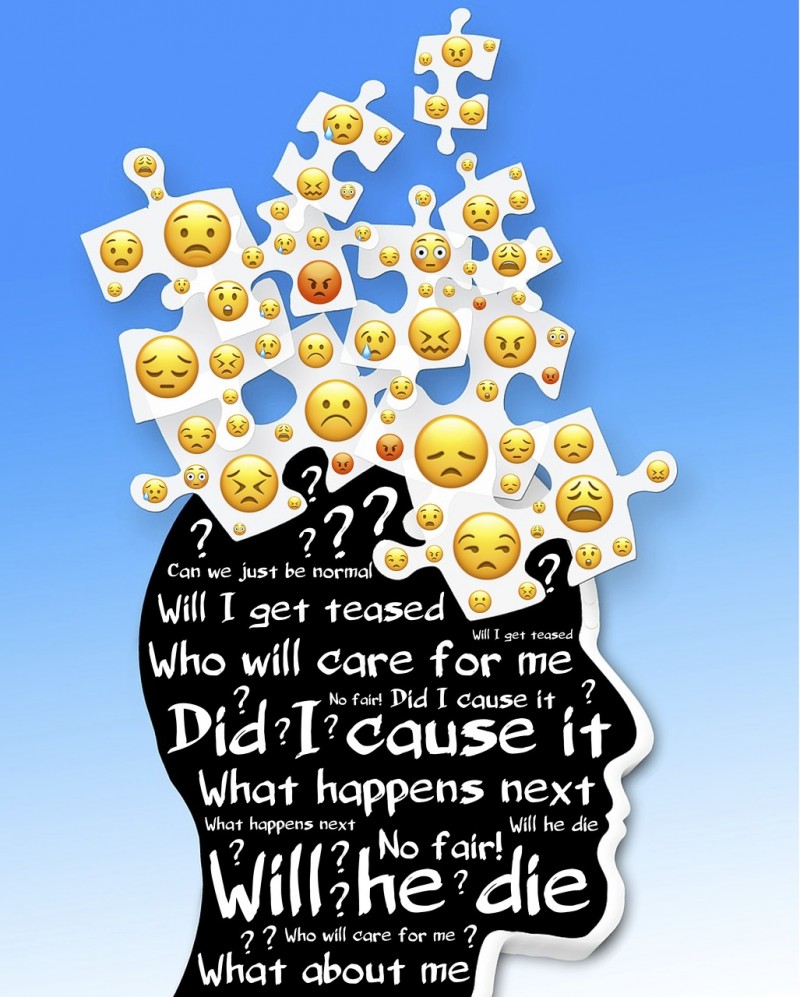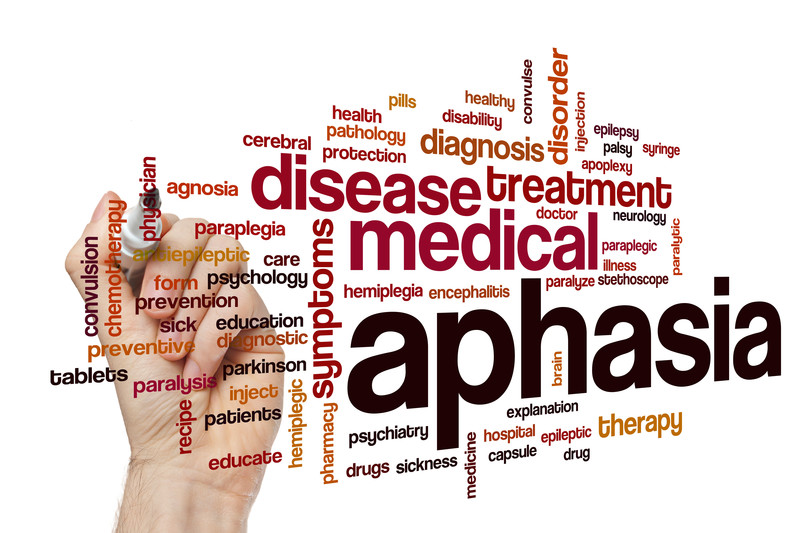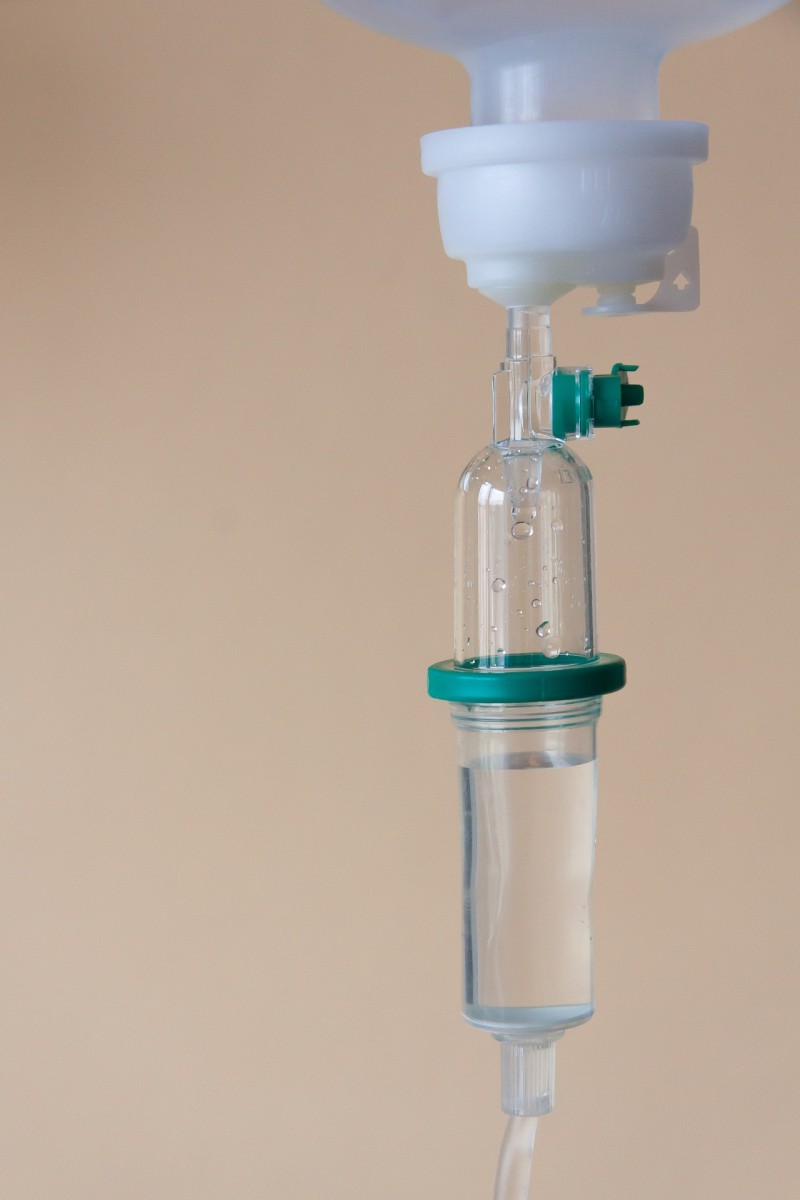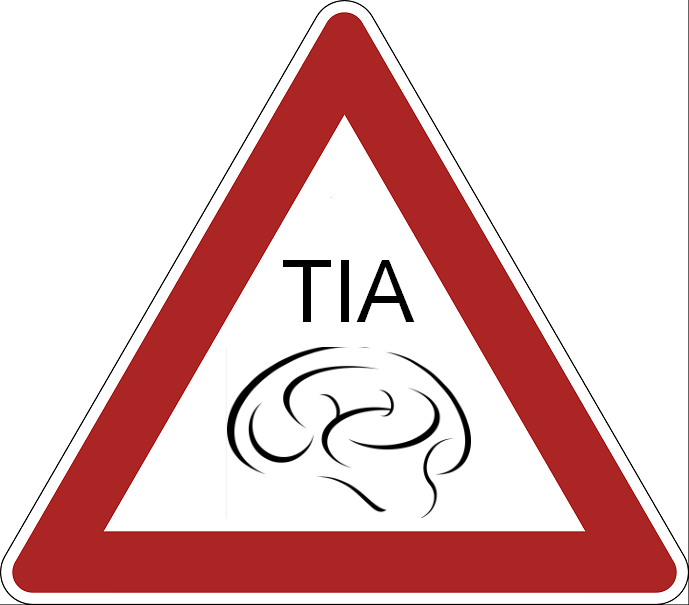
Apr 21, 2017
No stroke is the same, and the impact on stroke survivors and their families/care givers can be devastating and multifaceted. Apart from body functions, stroke also affects everyday activities, not just of the stroke survivor but everyone around him. How these consequences influence the stroke survivor and his environment greatly depends on the rehabilitation after stroke. One third of stroke survivors walks out of the hospital with no consequences, and continue to live their lives as if nothing had happened. But one third of stroke survivors are left with permanent disabilities, varying in intensity and scale. The Burden of Stroke Report is coming on May 11th this year, with a full review of post-stroke care in 35 European countries. Meanwhile… (more…)

Apr 20, 2017
Aphasia, a language disorder commonly diagnosed in stroke patients, may not be solely a language issue as traditionally believed, according to a Penn State study.
The study adds to a growing body of research highlighting other cognitive functions affected by aphasia, and indicates that the consequences of brain damage in aphasia patients may be more extensive than originally thought.
“The findings are significant because they can influence how patients with aphasia are treated to ensure a more complete recovery,” said Chaleece Sandberg, assistant professor of communication sciences and disorders at Penn State and principal investigator of the study. (more…)

Apr 18, 2017
The first three days are of utmost importance for the recovery and survival rate of the stroke patient, since they can determine if the patient will have lifelong disabilities or leave the hospital and continue to be a productive part of the community.
-While blowing up a balloon in the night of New Year’s Eve 1997 my first stroke occurred.
I thought: “OK, something must have happened in my brain”. As I lost total ability to speak, I could not inform my family or someone else about my condition. Neither my family nor myself imagined that I was having a stroke.
The emergency service was informed, but could not assign the symptoms properly (short unconsciousness, loss of speech, disability to stand erect) as well. The doctor told us that everything would be just all right very soon. When there was no sign of recovery after half an hour, the emergency service was called again. This time, it was recommended to go straight to the hospital. No ambulance was sent. So I was carried to an accident and emergency department of a nearby hospital by private car. The opening and admission to this department was refused in the beginning, because I was not transported in a horizontal position. It was not until heavy controversies of hospital staff and my accompanying people that I was finally admitted.
At last I laid in the emergency department and waited for the doctor to come. During the brief examination that followed I had the impression that the doctor had a preconceived idea of my status (for it was the night of New Year’s Eve). He offered me a bed to have a good’s night rest and I got an infusion to recover much faster.
I needed almost three days (without being able to speak) to explain the staff that something was wrong with my brain and that they should apply a CT.
The next day (the day my discharge was originally planned) I was informed that I had a left-hemisphere stroke and I had to stay in the hospital. I objected, shaking my head.
I am sure, if I had paid attention to stroke before and as a healthy man it would have saved myself and of course my family a lot of trouble and worries. With the knowledge about risk factors and symptoms of stroke, it is much easier for bystanders and stroke victims to inform the emergency medical service in a more detailed and qualified way, in order to get a quick and efficient therapy.
Unfortunately, despite of great efforts of some institutions and organisations, low knowledge about stroke is still prevalent in the population.
From my point of view, a better education and knowledge about stroke is very important, not just for the old, but also for the youth as well.
(Male stroke survivor, 50+, Germany; date of stroke Dec 1997)
(more…)

Apr 13, 2017
Written by Honor Whiteman
Published on medicalnewstoday.com
A peptide derived from spider venom could be key to preventing brain damage caused by stroke, according to the results of a new study.
Researchers found that the peptide Hi1a – present in the venom of the Australian funnel web spider – blocks ion channels in the brain that play a role in stroke-induced brain damage. (more…)

Apr 10, 2017
– I suffered from stroke at the age of 25 and didn’t know anything about the issue. I wish I knew, because knowing the symptoms of stroke would help me recognize the wake-up call – TIA (so called mini-stroke) and perhaps prevent my stroke. I’m certain that better awareness of risk factors and symptoms can save many lives and also help people in better recovery. Despite being in quite unusual situation among my friends, haven’t lost hope. Life after stroke is different, but doesn’t have to be necessarily worse.
I know that world demands from us to be aware of plenty of things, but in my opinion knowing basics about strokes is very important. It can happen all the time and can happen to anyone – from infant to our grandparents, and everywhere. Fast recognition saves both life and health. (Female stroke survivor, Poland) (more…)









